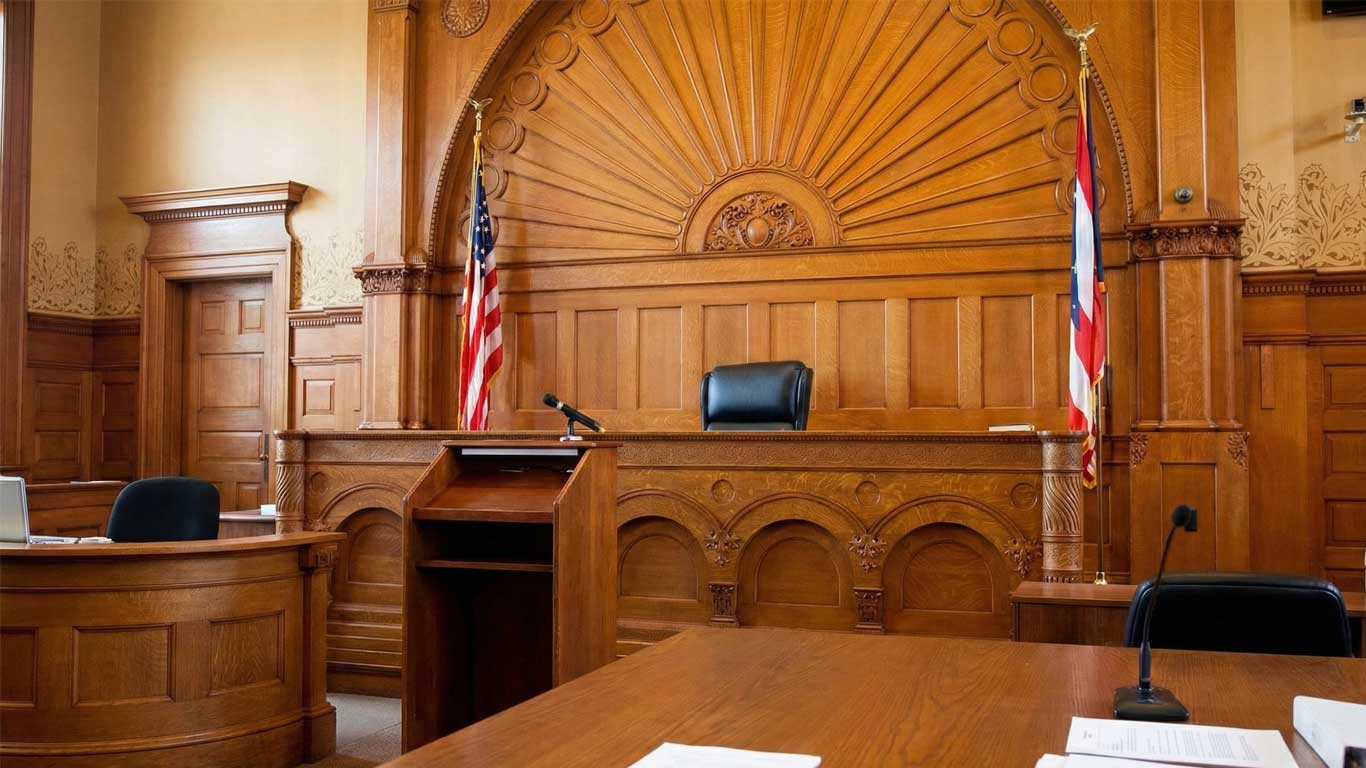
The United States District Court for the District of Columbia has recommended granting a request to freeze assets held in the U.S. that are connected to a criminal investigation in Uruguay. The case involves allegations of fraud and misappropriation of funds by Sara Silvia Goldring Waisbiot, a majority owner and chair of two Uruguayan brokerage firms.
The U.S. government sought the restraining order to preserve assets that may be subject to forfeiture in ongoing criminal proceedings in Uruguay. The Uruguayan government had requested assistance from the U.S. under a mutual legal assistance treaty between the two countries. The court’s recommendation, if adopted by the District Judge, would prevent the movement or disposal of assets held in various bank accounts in the names of Goldring, her family members, and her businesses.
Background of the Case
According to the court documents, Uruguayan authorities began investigating Goldring in 2022 following complaints from investors and the Uruguayan Central Bank. The allegations centered on Goldring’s operation of client accounts and investments through her brokerage firms, which allegedly resulted in millions of dollars in losses for clients.
As part of their investigation, Uruguayan authorities identified several bank accounts held at Morgan Stanley and Jefferies, LLC in New York, which Goldring either controlled or jointly controlled with her adult sons. A Uruguayan court issued orders in December 2022 to restrain these accounts and formally requested assistance from the United States to freeze them. These “2022 Orders” form the basis of the U.S. government’s application for a restraining order.
The accounts in question are held at Jefferies and Morgan Stanley. The government’s application, filed in June 2025, sought to restrain all assets in the following accounts:
* Jefferies JW3083094 (Carinalli, S.A.)
* Jefferies JW3125077 (Carinalli, S.A.)
* Jefferies JW3125341 (Comptoir International Corp.)
* Jefferies JW3070000 (Sara Goldring Waisbiot and Daniel Cukier)
* Jefferies JW3078888 (Sara Goldring Waisbiot and Daniel Cukier)
* Jefferies JW3078904 (Sara Goldring Waisbiot and Martin Cukier)
* Jefferies JW3073491 (United Maritime Capital, LLC)
* Morgan Stanley 711-891670 (Sara Goldring Waisbot and Martin Cukier Goldring)
* Morgan Stanley 711-891671 (Sara Silvia Cukier Goldring and Dario Cukier Goldring)
* Morgan Stanley 741-073746 (United Brokers S.A. c/o M Cukier Goldring, SS Goldring Waisbot, CM)
* Morgan Stanley 711-045184 (United Maritime Capital, LLC)
The Uruguayan court also issued a 2023 Order of Formalization, initiating the formal phase of criminal proceedings against Goldring and naming her as the “alleged author” of misappropriation.
The Legal Framework
The U.S. government’s request is based on 28 U.S.C. § 2467(d)(3), which allows federal courts to issue restraining orders to preserve property subject to forfeiture under foreign law. This law is activated when there is a treaty or formal international agreement in place for mutual forfeiture assistance, as is the case between the U.S. and Uruguay.
The court’s role in this type of case is to ensure that several criteria are met. These include:
1. A valid treaty or formal international agreement between the U.S. and the foreign nation.
2. A satisfactory evidentiary affidavit or appropriate certification from the U.S. Attorney General.
3. The foreign order was issued in a manner consistent with due process.
4. The foreign court had subject-matter jurisdiction.
5. The foreign order was not obtained through fraud.
The Court’s Findings
The court found that all five of these criteria were met in this case. The U.S. and Uruguay have a mutual legal assistance treaty. The U.S. Attorney General, through a designee, certified that enforcing the Uruguayan restraining orders was in the interest of justice. The court determined that the 2022 Orders from Uruguay were issued with appropriate due process safeguards, including notice to Goldring and an opportunity to be heard. The Uruguayan court had subject-matter jurisdiction, and there was no evidence of fraud.
Respondents’ Arguments and the Court’s Rejection
Goldring and other respondents (including family members and businesses) opposed the government’s application, raising several arguments against the restraining order.
First, the respondents argued that the government could not establish “dual forfeitability.” Dual forfeitability means that the underlying violation of foreign law must be an offense that would also give rise to forfeiture under U.S. law if committed in the United States. The court ultimately held that, even if dual forfeitability were required at this stage, the government had sufficiently demonstrated it. The court determined that the conduct alleged in the Uruguayan criminal proceedings, if committed in the U.S., could support charges of wire fraud and securities fraud, which are offenses that allow for forfeiture under U.S. law.
Second, the respondents argued against “dual restrainability,” claiming that the government failed to show that the assets it sought to restrain were traceable to the alleged offenses. The court rejected this argument, stating that the relevant question was whether Uruguayan law permits forfeiture absent tracing, and there was no evidence that it did not. Also, the court noted that the government’s application was accompanied by an Attorney General certification.
Finally, the respondents argued that the court should deny the restraining order on constitutional grounds, claiming the government violated Goldring’s Fourth and Fifth Amendment rights. They alleged that the government improperly directed Jefferies to freeze the accounts before seeking judicial relief. The court rejected this argument, finding that the evidence presented did not show that the government directed Jefferies to freeze the accounts. Even if a constitutional violation had occurred, the court said, it would not necessarily preclude the restraining order.
The Recommendation
Based on these findings, the magistrate judge recommended that the court grant the U.S. government’s application and enter the requested restraining order. The court’s recommendation is now with the District Judge, who will make the final decision.